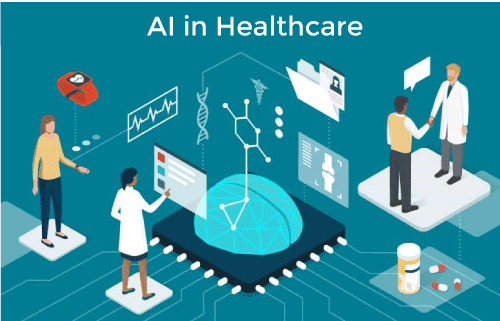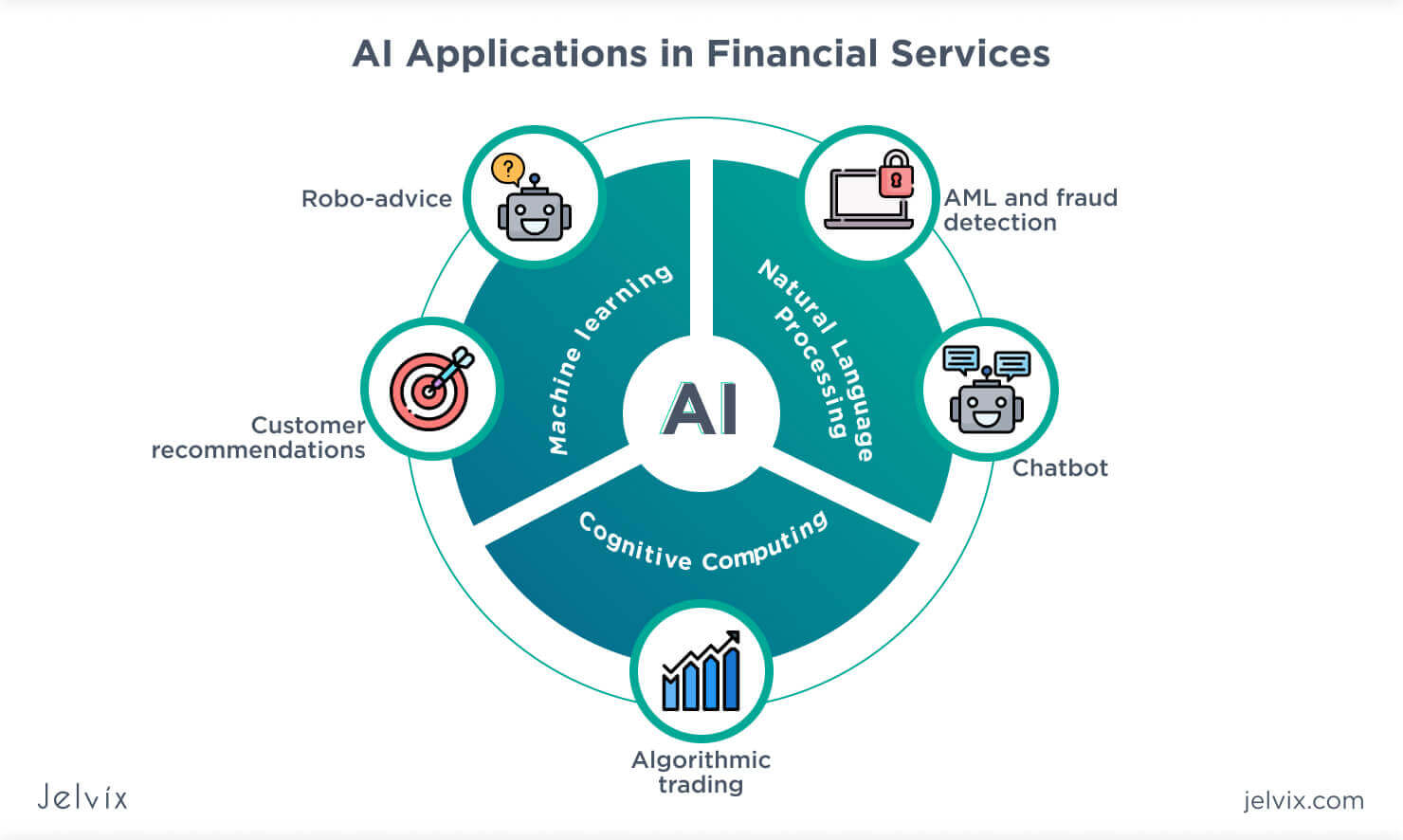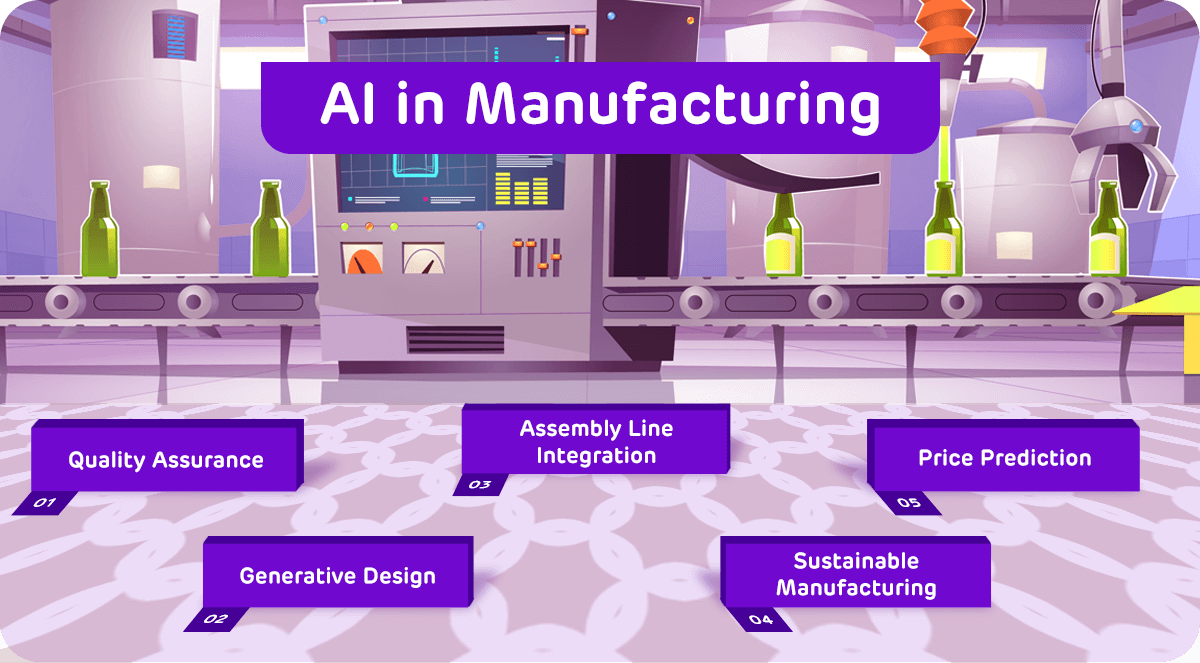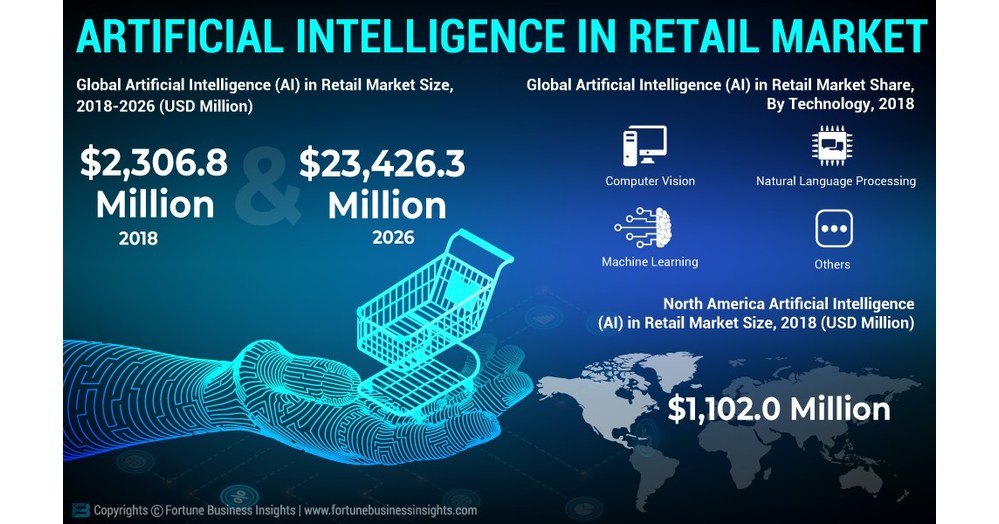AI in Industry
AI (Artificial Intelligence) has been making significant impacts across various industries, revolutionizing how businesses operate and creating new opportunities for growth and efficiency. Here are some of the ways AI is being utilized in different industries:
1 Healthcare:
Diagnosis and Treatment: AI-powered systems can analyze medical images like X-rays, MRIs, and CT scans, assisting doctors in detecting diseases and conditions accurately.
Drug Discovery: AI accelerates the process of drug discovery by analyzing vast amounts of data to identify potential drug candidates.
Personalized Medicine: AI can analyze patient data to create tailored treatment plans and predict patient outcomes.
2 Finance:
Algorithmic Trading: AI algorithms can analyze market trends and execute trades at high speeds to optimize investment strategies.
Fraud Detection: AI models can identify patterns of fraudulent transactions, enhancing security measures.
Customer Service: AI-powered chatbots and virtual assistants provide real-time customer support and streamline banking processes.
3 Manufacturing:
Predictive Maintenance: AI can predict when machinery and equipment are likely to fail, allowing for scheduled maintenance and reducing downtime.
Quality Control: AI systems can inspect products for defects using computer vision and other techniques, ensuring high-quality output.
Supply Chain Optimization: AI helps optimize inventory management, demand forecasting, and logistics for efficient production and distribution.
4 Retail:
Recommendation Systems: AI analyzes customer behavior to provide personalized product recommendations, increasing sales and customer satisfaction.
Inventory Management: AI optimizes inventory levels based on historical data and demand forecasts, minimizing overstock and stockouts.
Visual Search: AI-powered visual search allows customers to find products by uploading images, enhancing the shopping experience.
5 Transportation:
Autonomous Vehicles: AI technologies like machine learning and computer vision enable self-driving cars and trucks.
Route Optimization: AI algorithms optimize transportation routes to reduce fuel consumption and delivery times.
Traffic Management: AI analyzes traffic patterns to manage and alleviate congestion in real-time.
6 Energy:
Smart Grids: AI enhances the efficiency of energy distribution and consumption in smart grids.
Energy Forecasting: AI models predict energy demand, enabling better resource allocation and cost reduction.
Equipment Monitoring: AI monitors the health of equipment in power plants and oil rigs, helping prevent breakdowns and accidents.
7 Agriculture:
Precision Farming: AI analyzes data from sensors, drones, and satellites to optimize irrigation, fertilization, and pest control.
Crop Monitoring: AI-powered systems monitor crop health and growth, aiding in early disease detection and yield prediction.
Harvesting: AI-guided robots and machinery can automate harvesting processes.
These examples illustrate the widespread adoption of AI in industry, with each sector finding unique ways to leverage AI's capabilities to improve efficiency, accuracy, and innovation. However, it's important to note that the successful implementation of AI often requires careful consideration of ethical, legal, and privacy concerns, as well as ongoing human oversight.






Comments
Post a Comment